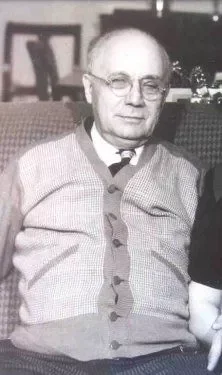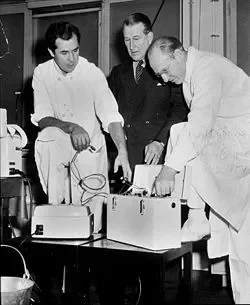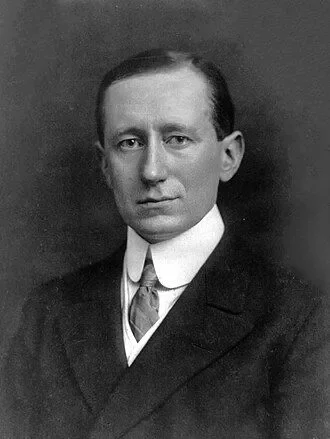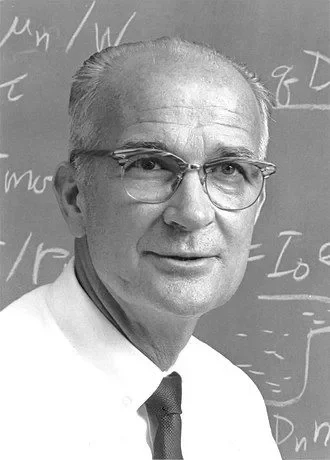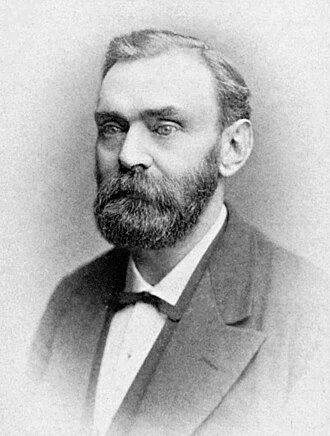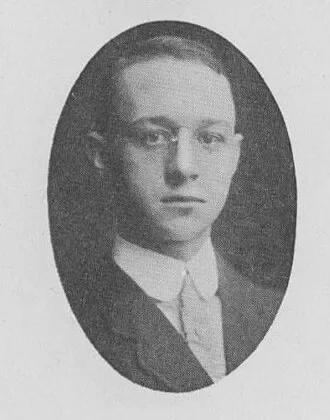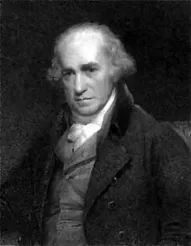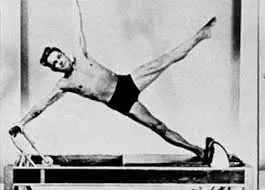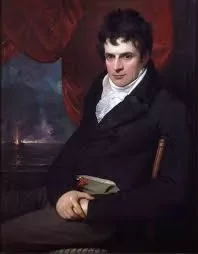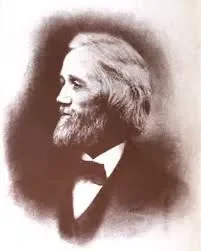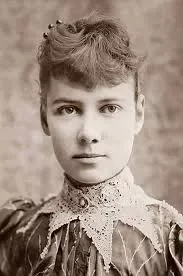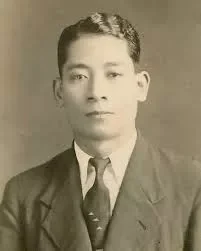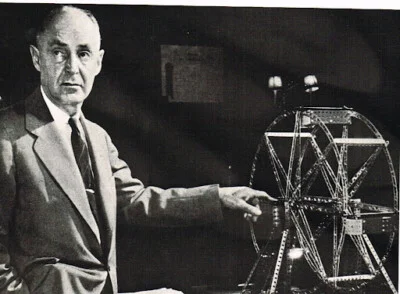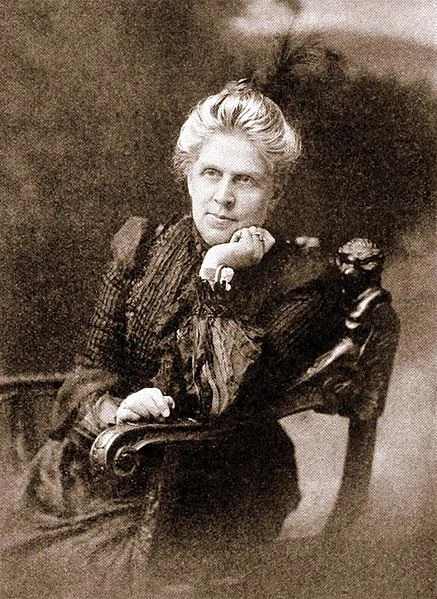Real Celebrities Never Die!
OR
Search For Past Celebrities Whose Birthday You Share
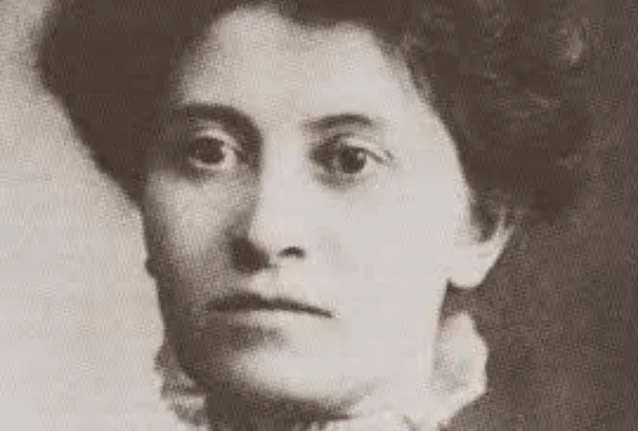
source:nucleationcapital.com/
Eunice Newton
Birthday:
17 Jul, 1819
Date of Death:
30 Sep, 1888
Cause of death:
Unknown
Nationality:
American
Famous As:
Inventor
Age at the time of death:
69
Eunice Newton's Quote's
Introduction
Eunice Newton Foote was a remarkable woman who blazed a trail in both scientific and social spheres. Her life and achievements defied the limitations of her era, reminding us of the power of curiosity, courage, and an unwavering commitment to justice. Despite being overshadowed by historical oversight, her contributions to climate science were ahead of her time.
Early Life and Education
Born on July 17, 1819, in Goshen, Connecticut, Foote grew up in a family that valued education and intellectual curiosity. Her father, Isaac Newton Jr., was a descendant of the famed scientist Sir Isaac Newton, and her mother, Theriza Newton, instilled in her a love for learning. Foote attended the prestigious Emma Willard School in Troy, New York, where she received a rigorous education in science, mathematics, and literature.
Growing up in the 19th century, Foote’s early education was likely limited by the prevailing gender norms. However, her passion for knowledge and science shaped her future endeavors, setting her apart in a world where women rarely pursued scientific careers.
Marriage and Activism
In 1841, Eunice Newton married Elisha Foote, a lawyer who shared her passion for social justice. The couple settled in Seneca Falls, New York, a town that became synonymous with the women’s rights movement. Foote became actively involved in the movement, attending the landmark Seneca Falls Convention in 1848. She was one of the signatories of the groundbreaking Declaration of Sentiments, which demanded equal rights for women.
Scientific Contributions
Foote’s interest extended beyond social activism, into the realm of scientific inquiry. She had a keen mind for experiments, focusing on the properties of light and heat and their interactions with gases. Even though women were not allowed to join the American Association for the Advancement of Science (AAAS) at the time, she attended meetings with her husband, furthering her understanding of the natural world.
In 1856, Eunice Newton presented her findings at the AAAS annual meeting. Her paper, titled “Circumstances Affecting the Heat of the Sun’s Rays,” revealed a remarkable discovery. She found that certain gases, like carbon dioxide, absorbed heat from sunlight more effectively than others. This simple observation held profound implications and laid the groundwork for understanding the greenhouse effect, where gases trap heat in the atmosphere, leading to global warming.
Overshadowed by History
Foote’s discovery came before the work of John Tyndall, who is often credited with uncovering the greenhouse effect. Despite the significance of her findings, Foote’s contributions were overlooked for decades. Her work was published in scientific journals, but as a woman in a male-dominated field, she faced challenges that hindered her recognition. Her voice was largely unheard, as her scientific pursuits were often overshadowed by her activism.
Rediscovery and Legacy
In the late 20th century, there was a renewed interest in women’s history and environmental science. Historians and scientists began to recognize the importance of Foote’s research, finally giving her credit as a pioneer in climate science and women’s rights. Her place in history was restored, and her contributions are now celebrated as both groundbreaking and visionary.
Personal Life and Death
Eunice Newton Foote passed away on September 30, 1888, in Lenox, Massachusetts. While records of her later life remain scarce, her legacy as both a scientist and an advocate for justice endures. She not only made strides in scientific inquiry but also championed social causes, defying societal expectations throughout her life.
Conclusion
Eunice Newton Foote’s story is a testament to the power of intellectual curiosity and dedication. She conducted groundbreaking research and advocated for social justice in an era when both were radical acts for a woman. Her legacy reminds us that scientific progress and social change are often driven by those who dare to question the status quo and push the boundaries of what is possible. Today, she is remembered as a pioneer who helped shape the future of climate science and women’s rights.
Name:
Eunice Newton
Popular Name:
Eunice Newton
Gender:
Female
Cause of Death:
Unknown
Spouse:
Place of Birth:
Goshen, Connecticut, U.S.
Place of Death:
Lenox, Massachusetts, U.S.
Occupation / Profession:
Personality Type
Logician: Innovative inventors with an unquenchable thirst for knowledge. She was very innovative and came up with many inventions during her life.
Despite her groundbreaking scientific work, Foote was never elected to the American Association for the Advancement of Science, which only started admitting women in 1898.
Foote's research on the greenhouse effect was rediscovered in the 20th century thanks to the efforts of historian Raymond Sorenson.
In 2018, Google honored Foote with a doodle on their homepage, celebrating her contributions to science and activism.
She was a prolific inventor and held several patents for practical household devices.
Championed women’s rights and social justice
Conducted pioneering research on the greenhouse effect
Invented several practical devices, including a folding bed and a water heater
Signed the Declaration of Sentiments at the Seneca Falls Convention

